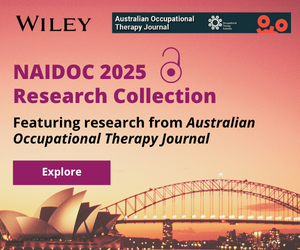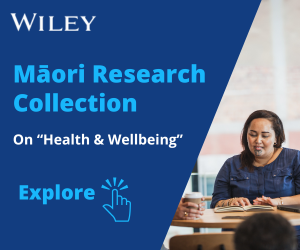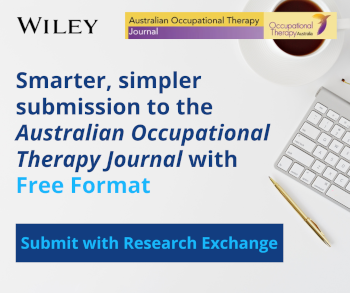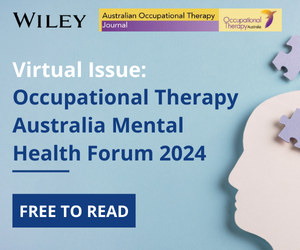Editorial Board
Editor-in-Chief
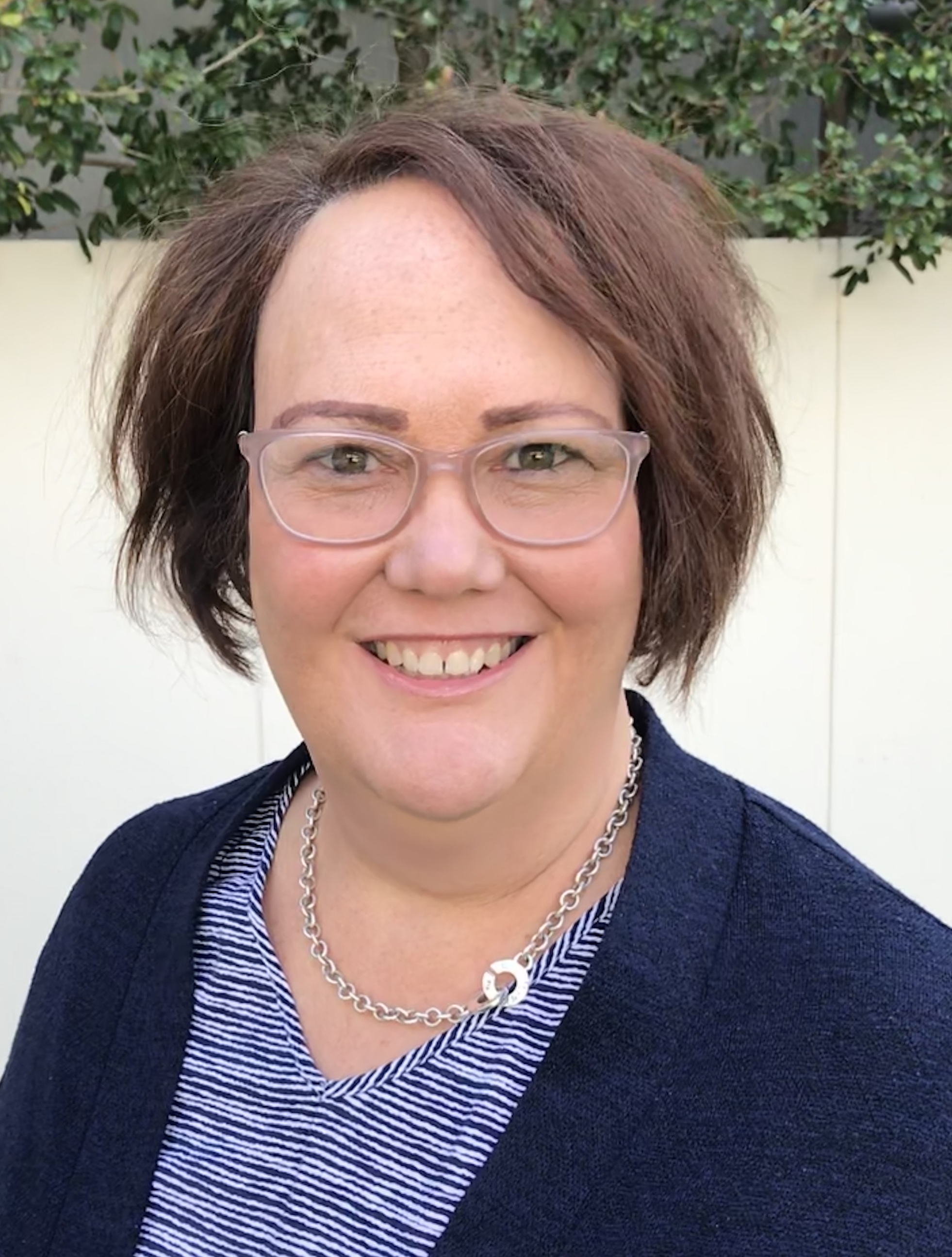 |
Professor Louise Gustafsson, Griffith University, QLD Professor Louise Gustafsson is Academic Lead of Occupational Therapy at Griffith University in Queensland and Lead of the Emerging Technologies and Environments Research Program in The Hopkins Centre. She has a clinical background of predominantly hospital- based practice, commencing her academic career as a casual and then conjoint lecturer in 1999 at the University of Queensland. Her commitment and contribution to research and teaching have been recognised by a range of awards, most recently being named as a Fellow of the Occupational Therapy Australia Research Academy (2019) and Senior Fellow of the Higher Education Academy (2021). Louise conducts research to improve long-term outcomes for older adults and people living with neurological conditions and injury. She is most interested in making a difference to how people are supported and empowered to engage in their occupations long after the acute event, injury, or diagnosis and to partner with people with lived experience in all research. Read Professor Gustafsson's Positionality Statement here. |
Associate Editors
 |
Dr Tammy Aplin, University of Queensland, QLD Tammy is a Senior Research Fellow at The Hopkins Centre at Griffith University and Honorary Senior Research Fellow at the University of Queensland. Tammy’s research focuses on the home environment in a range of health and social service contexts. This includes housing, home modifications, occupational therapy community practice, and home care. Her research aims to improve housing, the experience of home, and the services provided within the home for older adults and people with disability. A key area of research for Tammy is home modification practice. Her PhD sought to understand the experience of home and how this influenced and is impacted by home modifications. Applying these findings, she developed two measurement instruments to inform home modification decision making and evaluate outcomes. She has continued research into home modification practice along with other projects exploring the relationships between home and health, housing design, housing transitions, and evaluating and developing services provided in the home including community occupational therapy practice. Read Dr Aplin's Positionality Statement here. |
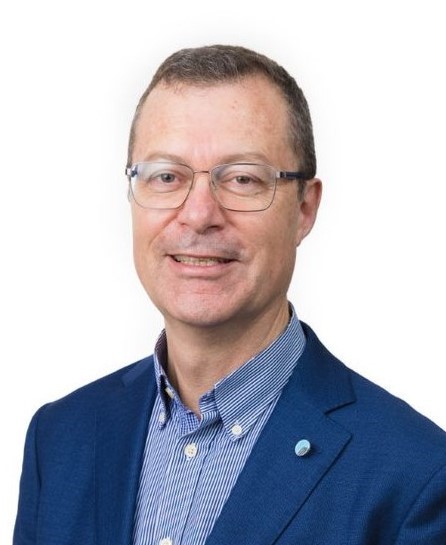 |
Professor Angus Buchanan, Curtin University, WA Professor Angus Buchanan commenced working at Curtin University in 2008, and is currently Head of School, Curtin School of Allied Health. Prior to this Angus held the role of Head of School, Occupational Therapy, Social Work and Speech Pathology (2015 – 2021). Before commencing at Curtin, Angus was a senior leader and Director at the Disability Services Commission of Western Australia implementing significant service developments and reforms in therapy and community coordination for people with disabilities. Angus graduated as an Occupational Therapist in 1985 and remains deeply committed to the profession, its possibilities, and future. He holds academic qualifications in strategic leadership including a Doctor of Business Administration. Angus passionately believes in working with people to reach their professional and personal potential in positive values driven environments and cultures. Research interests reflect Angus’ extensive background working with people with intellectual disabilities and their families and his personal commitment to the inclusion of people with disabilities in community. Angus is currently a Fellow and President Elect for the International Association for the Scientific Study of Intellectual and Developmental Disability, was the President of the Australasian Society of Intellectual Disability (ASID) from 2013-17, Past District Governor of Rotary, an Associate Editor on number of international journals and is a Director and Chairperson of Avivo, a major non-government service provider in Western Australia. He values spending time with his family and three grandchildren, being in his garden, is currently undertaking a Bachelor of Arts (Fine Arts) and is committed to community development and service through his ongoing work with Rotary Intentional. Read Professor Buchanan's Positionality Statement here. |
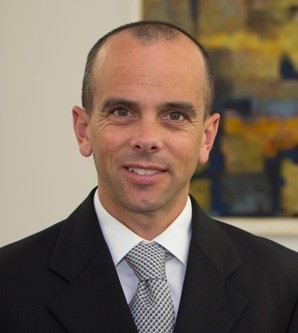 |
Professor Stephen Isbel, University of Canberra, ACT Professor Stephen Isbel is the Discipline Lead of Occupational Therapy at the University of Canberra. He teaches into the Master and Bachelor of Occupational Therapy courses at the University of Canberra. He has research interests in post stroke rehabilitation, aged care, driver rehabilitation, dementia care, public health and occupational therapy education. He has worked in the United Kingdom and the USA and has held senior clinical positions in ACT Health, primarily in aged care and adult neurological rehabilitation. Read Professor Isbel's Positionality Statement here. |
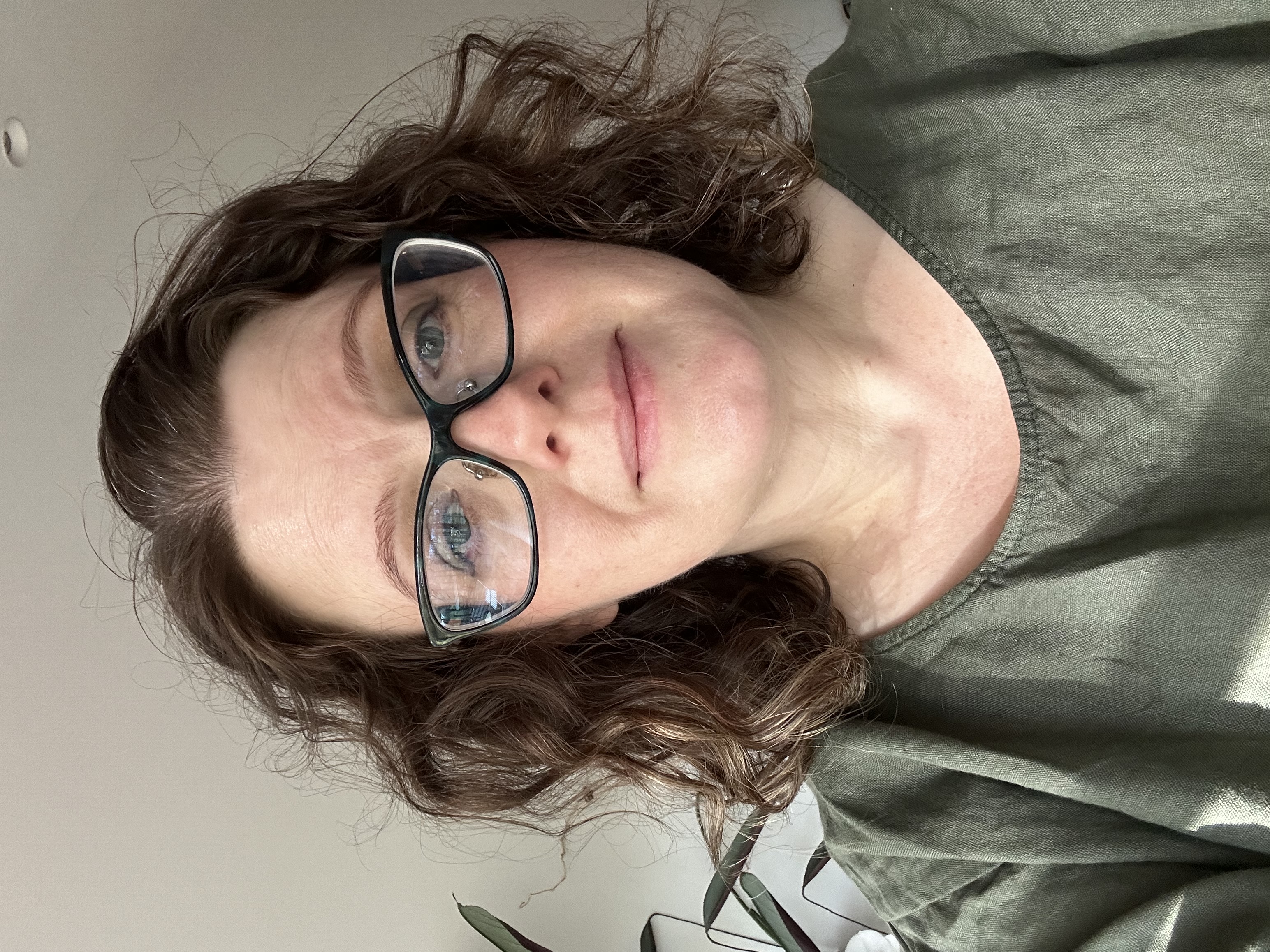 |
Associate Professor Jacki Liddle, University of Queensland, QLD
Associate Professor Jacki Liddle is a Conjoint Research Fellow - Occupational Therapy at the School of Health and Rehabilitation Sciences, The University of Queensland and the Princess Alexandra Hospital in Brisbane. She researches across disciplines and methods, with a focus on quality of life, community mobility and participation, and technology, often with older people, people with neurological conditions, people living with dementia and care partners. She researches with diverse teams including investigators with lived experience, clinicians, health researchers, social scientists, lawyers, ethicists and technology developers and researchers. Her research has focused on collaboratively understanding and finding solutions for complex problems. This has included developing an intervention to support driving cessation, monitoring meaningful community life outcomes using technology and rich exploration, and creating inclusive ways of working that support the inclusion of lived experience experts in technology design. Read Associate Professor Liddle's Positionality Statement here. |
.jpg) |
Dr Carolyn Murray, University of South Australia, SA Dr Carolyn Murray is an occupational therapy teaching and research academic with research interests in aged care, chronic conditions, workforce development and student experience. Dr Murray has expertise in qualitative research, including meta-synthesis and consumer perspectives of recovery following trauma. She is interested in exploring quality of health and social care services for older people, and those living with neurological and chronic conditions, such as dementia. Dr Murray has clinical expertise in aged care and disability and leads development and evaluation of student-led programs that promote social connectedness, self-worth, and engagement. Dr Murray is also engaged in cross-disciplinary research about health workforce development and sustainability in areas such as interprofessional learning, early career programs, mentoring and allied health retention. Dr Murray supervises higher degree research students and undergraduate research honours students. She has over 30 peer reviewed publications and integrates her research into her teaching, supervision of research students and preparation of students for the workforce. Read Dr Murray's Positionality Statement here. |
Editorial Board Members
 |
Associate Professor Samantha Ashby, University of Newcastle, NSW Associate Professor Samantha Ashby is Head of Discipline for occupational therapy at the University of Newcastle. She has worked as an educator since 1998 in My research is aimed at increasing understanding of the nexus between theory and practice and how this impacts on occupation-based practice, professional identity, professional resilience and retention in the workforce. The intention of my research on professional resilience is to promote strategies which can be implemented by clinicians, managers and educators. I also undertake research which can be translated into making improvements to people’s lives. Along with working within universities, I also have worked as an occupational therapist in senior and managerial roles in the health industry across a range of practice areas including mental health, physical rehabilitation and occupational rehabilitation. Read Associate Professor Ashby's Positionality Statement here. |
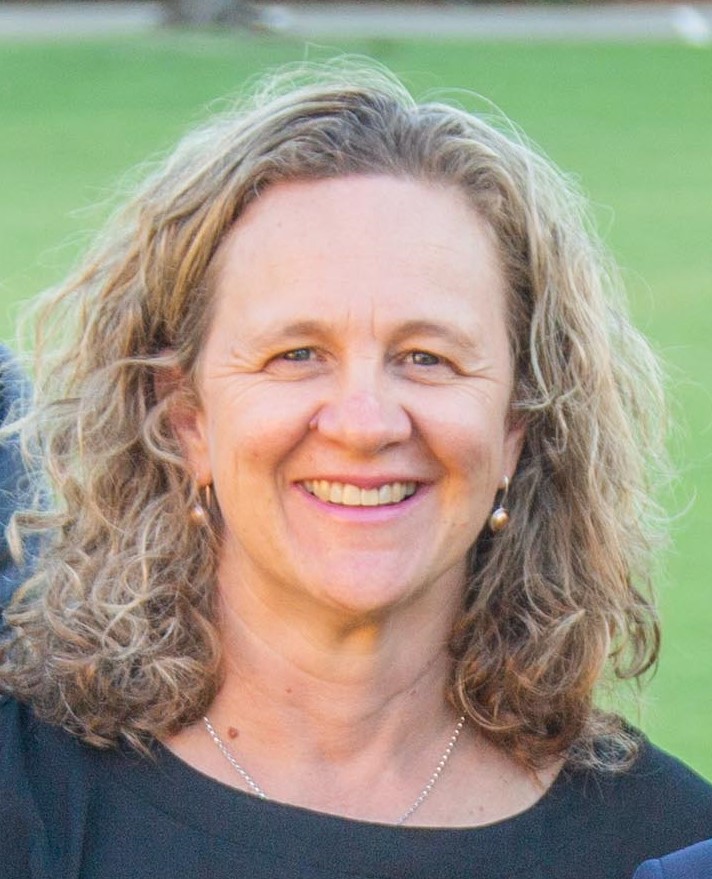 |
Professor Courtenay Harris, Curtin University, WA Professor Courtenay Harris is a teaching and research academic at Curtin University’s School of Allied Health. Courtenay has held senior leadership positions for the last 10 years and is currently Director of Strategy and Innovation. Courtenay has over 30 years of experience as an occupational therapist, with a clinical background in child health, ergonomics and injury management. In her research Courtenay focuses on child health so that all children can engage in meaningful everyday activities. These include areas: early intervention and establishing clinical services for children with neurodevelopmental disorders to access care; and supporting parents, educators, and health professionals to ensure children grow up safely in a digital world. Prior to Curtin, Courtenay was managing director/ owner of two injury management organisations. Read Professor Harris's Positionality Statement here. |
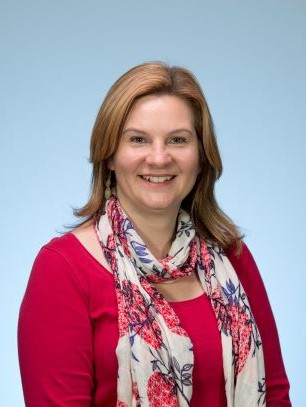 |
Dr Kylee Lockwood, Latrobe University, Australia Kylee is a Senior Lecturer and the course coordinator of the Bachelor of Occupational Therapy (Honours) program at La Trobe University. In addition to her course coordination responsibilities, Kylee also oversees the occupational therapy fieldwork program for both Bachelor and Master students. After gaining extensive clinical experience in aged care and rehabilitation, Kylee transitioned into academia. Before joining La Trobe University, she worked as an occupational therapist in managerial and senior clinical roles across a range of settings within the health setting. Her research primarily focuses on two main areas: improving the transition from hospital to home for older people and building an occupational therapy workforce through fieldwork placement programs to develop sustainable models of fieldwork for the future. Read Dr Lockwood's Positionality Statement here. |
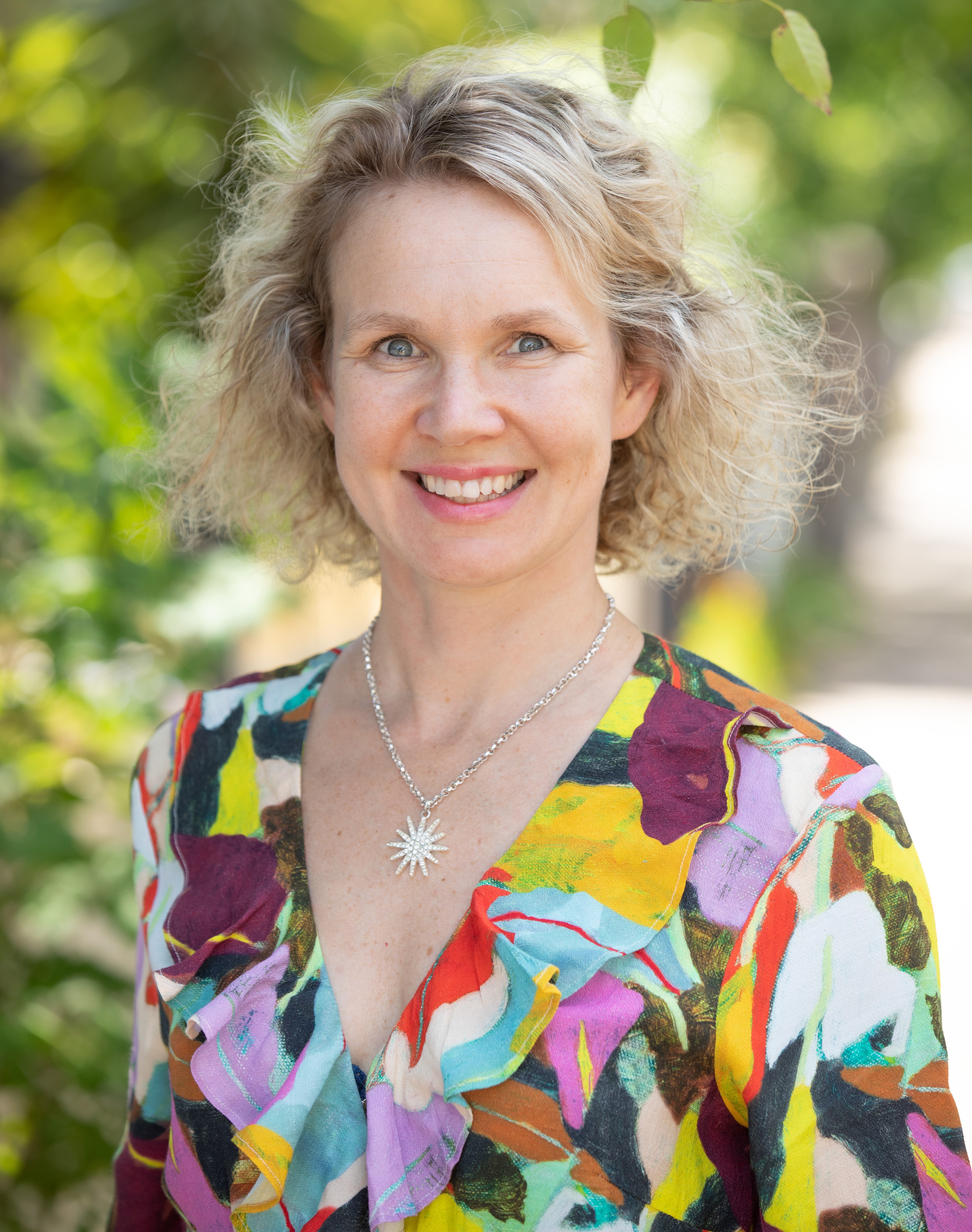 |
Dr Miia Rahja, Flinders University, Australia Dr Miia Rahja is an occupational therapist and a clinical researcher based at Flinders University in South Australia. Her research focusses primarily on dementia and aged care and aims to enhance quality of life and independence for older individuals. Her research sits at the intersection of clinical and implementation science, and she’s been involved in planning, implementing, and evaluating rehabilitation programs and innovative care models. Miia has experience in working with people with dementia and their families. She works closely with both healthcare professionals and consumers to design and execute high-quality research tailored to community needs. Before engaging in academia, Miia worked in youth mental health supporting young people going through a difficult time. Read Dr Rahja's Positionality Statement here. |
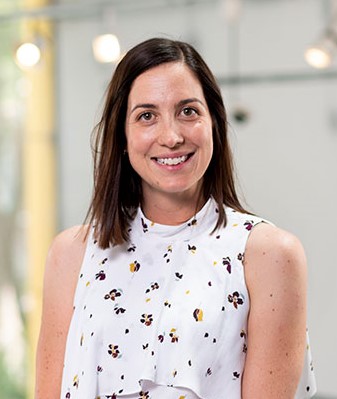 |
Dr Kylie Wales, University of Newcastle, Australia Dr Kylie Wales is a Senior Research Fellow at Alfred Health and an Adjunct Senior Lecturer at the School of Translational Medicine at Monash University, where she supports research initiatives aimed at advancing occupational therapy healthcare practices. Additionally, she holds a Senior Lecturer role at the Australian Catholic University, teaching across occupational therapy and research units. Dr Wales's research focuses on delivering cost-effective occupational therapy services and promoting evidence-based practice in healthcare. Her expertise lies in implementation science, where she works to bridge the gap between research and practical application in healthcare settings. Dr Wales concentrates on exploring how improved assessment informs occupational therapy practice, enabling individualised therapy plans, focused service delivery, and ultimately, cost-effective practices. She is an expert in applying the COnsensus-based Standards for the selection of health Measurement Instruments, having conducted multiple systematic reviews on various standardised assessments. Acknowledged as a leading early career researcher by Occupational Therapy Australia, Dr. Wales received the 2021 Early Career Researcher Award. She was also recognised as one of the University of Newcastle's up-and-coming researchers, earning an invitation to participate in the ThinkWell Early and Mid-Career Women’s Development Program. Read Dr Wales's Positionality Statement here. |
Editorial Office (manuscript submission and peer review)
Email: [email protected]





